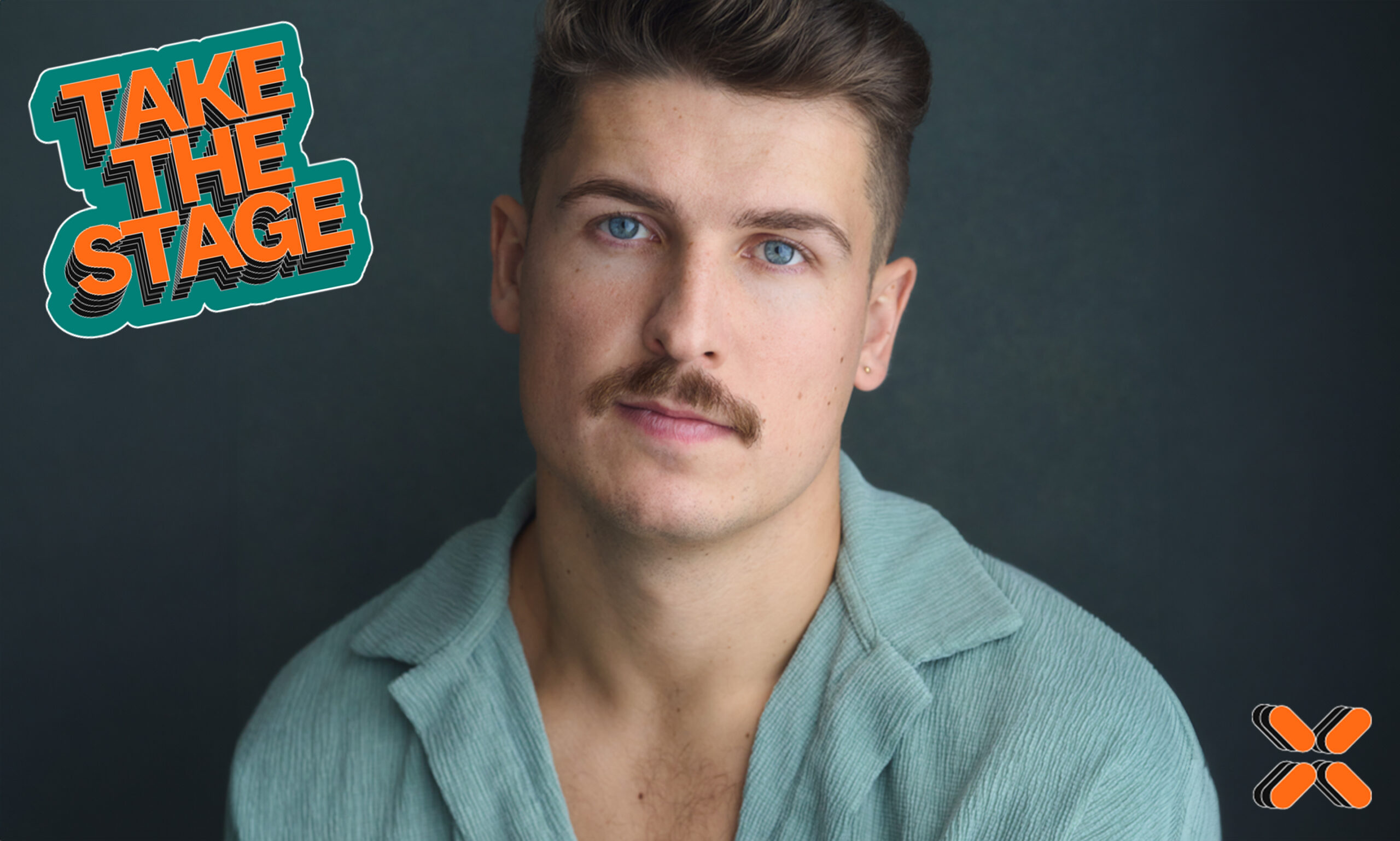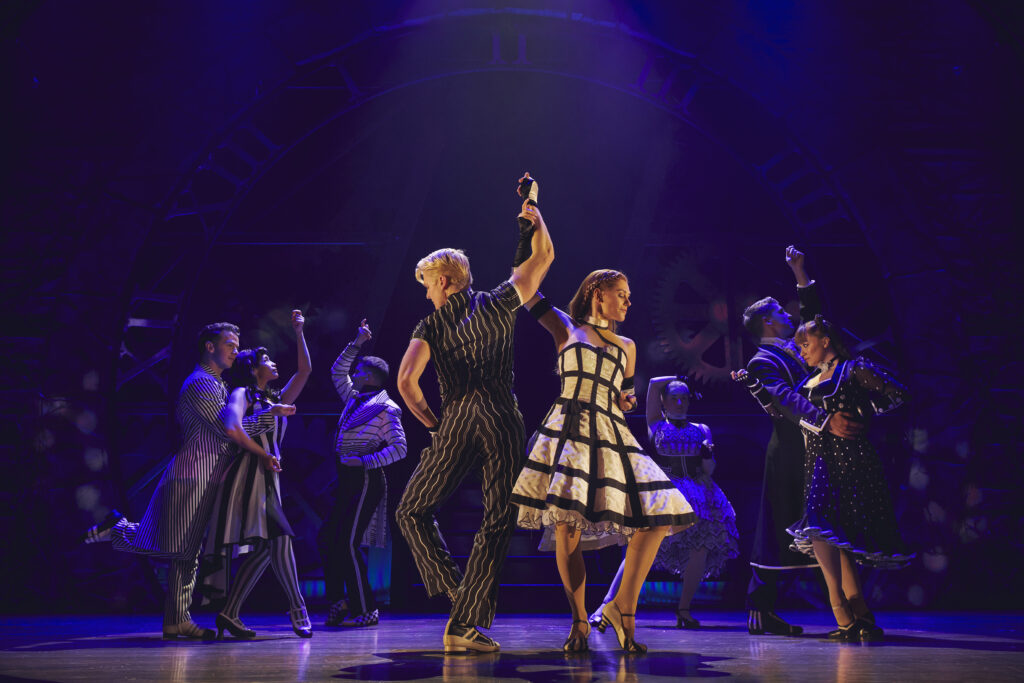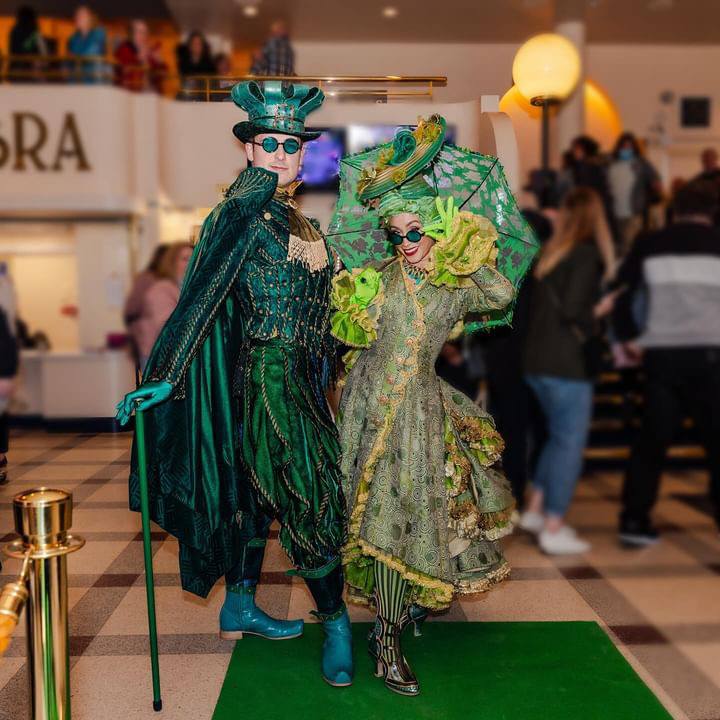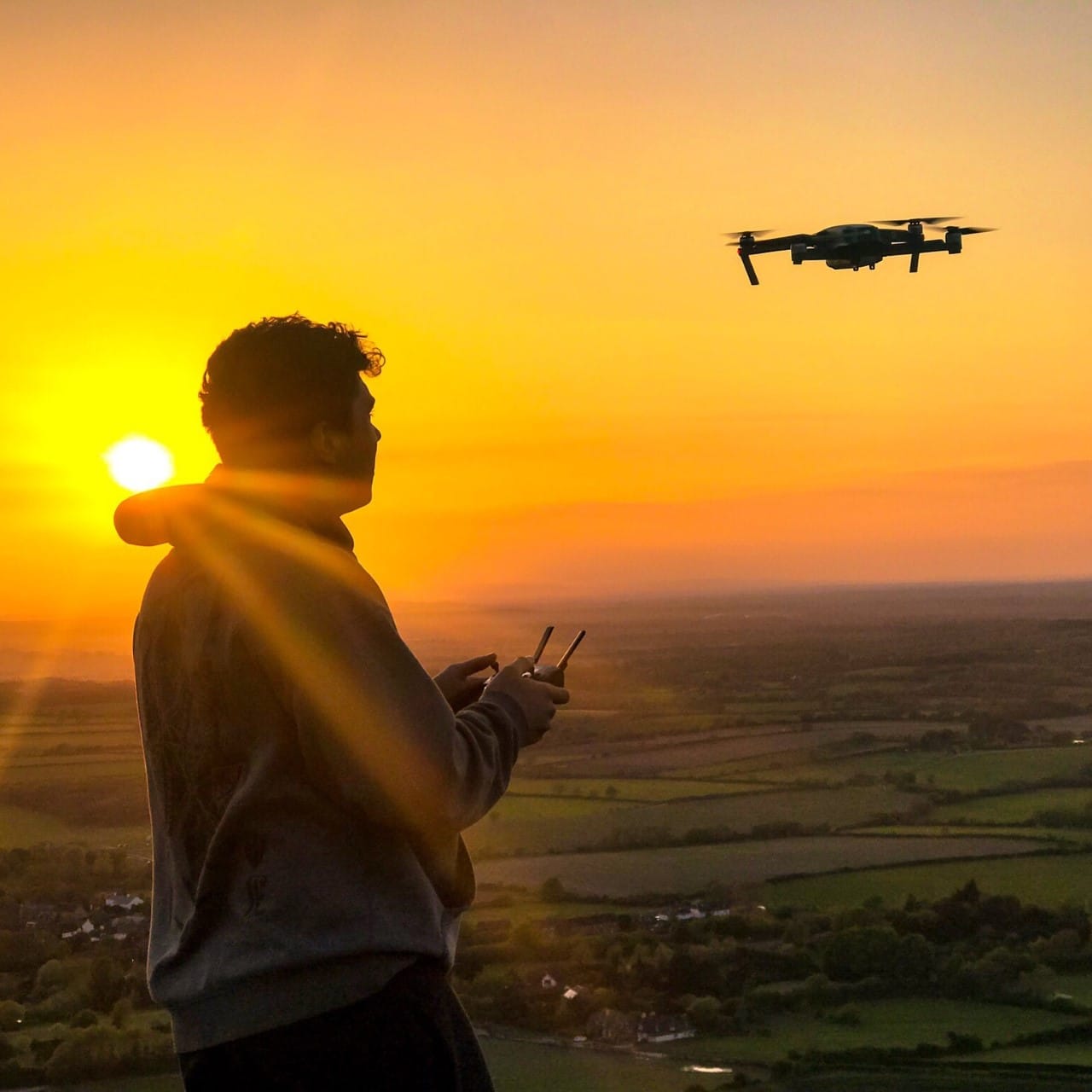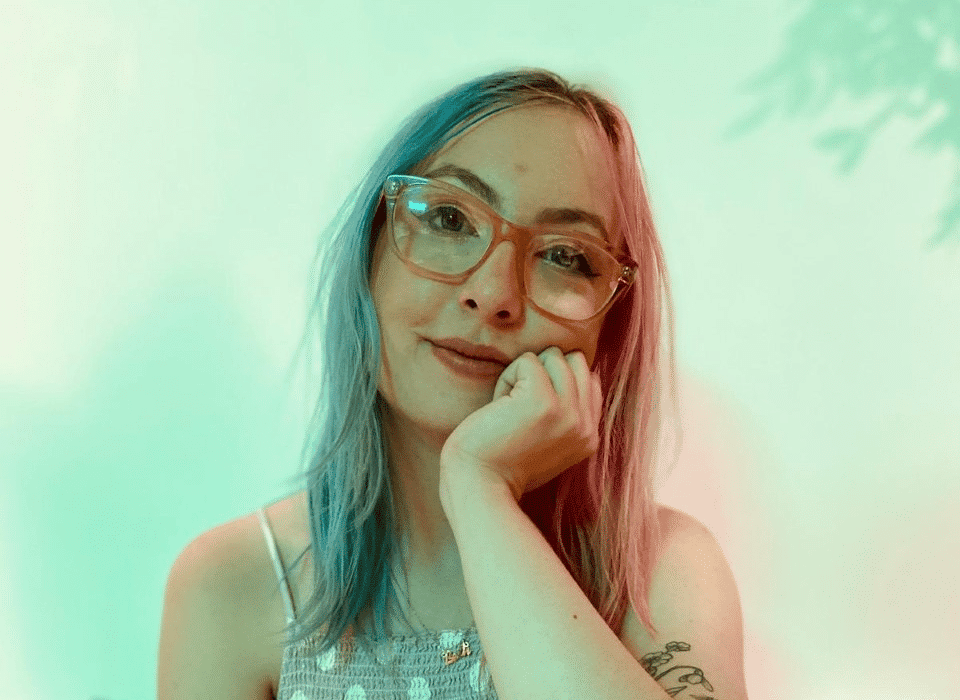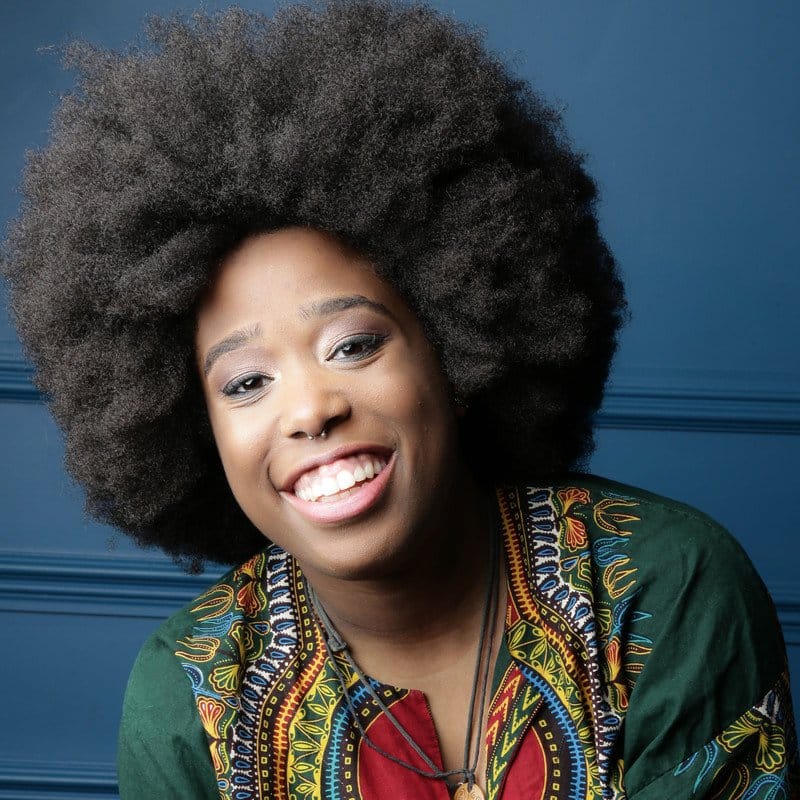In this edition of Take The Stage we meet graduate Stuart Rouse, who since leaving us has appeared in shows like Starlight Express and Puttin’ On The Ritz. We caught up with Stuart to ask about his time on the Wicked UK Tour, and what advice he’d give to up and coming professionals.
What is an average day like in your role on Wicked?
So, I was a swing on Wicked, on its UK & Ireland tour. This involved me covering all of the male representing ensemble, which is eight ‘tracks’ in total. We of course have our ‘priority tracks’ which means the ones I would go on for before any of the other swings if that ensemble member went off sick or injured, but we are expected to know all eight and to be able to go on for any one of them at the drop of a hat.
A day at the start of the tour would have looked different than a day at the end of the tour where I am at now, having more of a workload at the start. Once we opened in December 2023, I only had my 2 priority tracks down, and from then on, I would be coming in every day, going over the show, track by track until I felt like I knew each one. This included cover rehearsals in which we would work together as covers and swings to get all eight tracks in our muscle memory. I am now at the end of the tour, and so the workload (in terms of learning the show) has reduced as I (hopefully?) know all the tracks a lot more! A day also involves waiting to hear if I am on that day. If I am, I will go in 90 mins before the show, do physical and vocal warm up, and then get ready for the show. If I am not on, I will still come in for the warmups and then be in the building ready to step in in case anyone is unable to perform during the show. Whilst backstage, I’ll spend some time going over a track that I maybe haven’t looked at for a while, and then after that be able to relax and wait to see if I am called on. Then I go home and get ready to do it all again the next day!
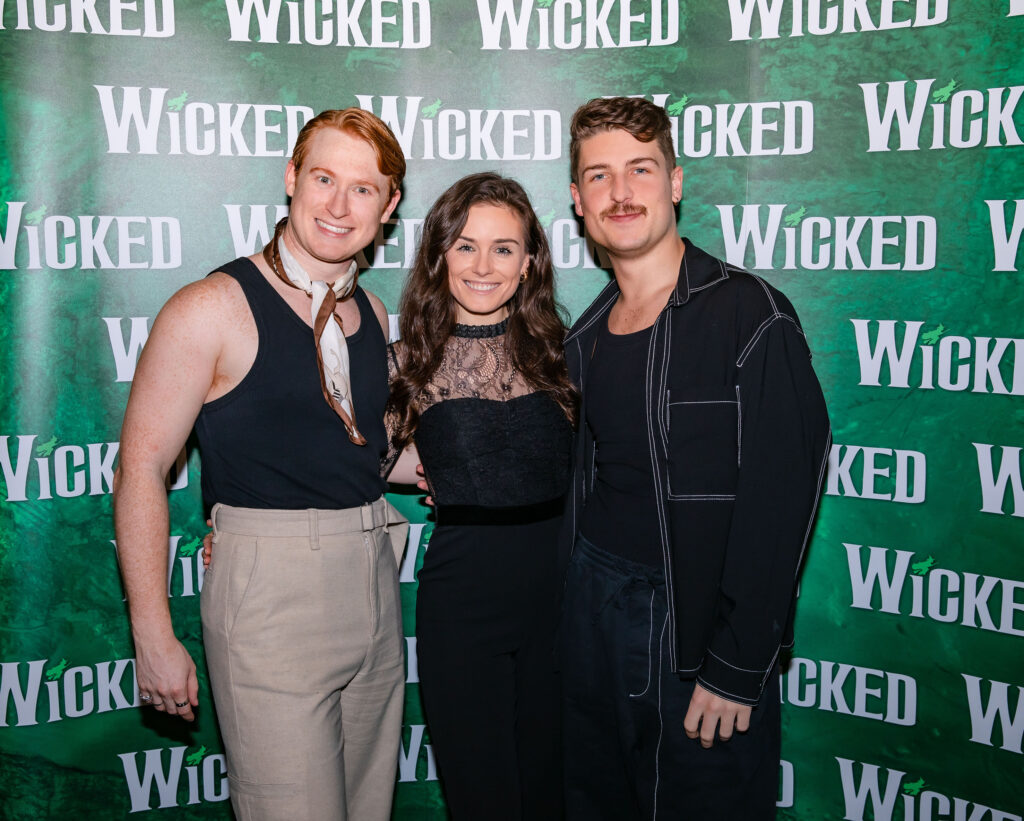
What is your top advice to current students and other up-and coming performers?
My number one bit of advice to sustain a career instead of fleeting success is awareness. Don’t do the same thing for every audition that you go to; do your research. Know who it is you’re auditioning for, what they like, and be aware that you need to adapt to what they might be looking for to get the job. You still need to be authentic and be who you are; you should always bring that in every audition you go to. But doing your research and being able to be a chameleon and convey something you know that the choreographer/director/casting agent is looking for will put you in good stead.
I always remember a story of a girl (I still never know if it was a myth) that was auditioning for a job, and in her freestyle at the end of the routine saw a mirror on wheels at the side of the room. She wheeled it straight to the centre of the room, and proceeded to dance in front of it. Some choreographers would be obsessed with this level of confidence and somewhat creativity, and some would possibly be a bit thrown off, perhaps finding it arrogant. Know your panel, be able to adapt and this all starts with being hyper aware of what you need to bring.
Why is collaboration important in creative industries, and what would your number one collaboration tip be?
I think collaboration in all aspects of life is very important. In theatre I think it feeds a constructive environment, and counteracts tunnel-visioned ideas. It also leaves a door open for communication and to hear from other voices that maybe at other times wouldn’t be heard. I think aiming to always have another solution/idea before you criticise someone else’s idea, and going about it in an open minded and respectful way is my biggest tip. It definitely needs to be approached with an open mind, and good communication skills, but having ideas in the bank (even if they may seem silly) helps to feed the best collective environment possible.
What was your biggest take away from your time at performers college?
I always say I would do college again in heartbeat. A decade on my body may disagree and I may not be able to get through a Tony Parrie bodycon, but I feel like I learned the most about myself and what I needed to bring to the industry in those 3 years at Performers. It’s always easier said than done, but don’t sweat the small stuff, focus on your goal and be prepared for the good AND the bad. If I had to sum it up in one way though, it would ultimately to be a nice person, that people not only like, but actively look forward to working with. This was always instilled in me by the incomparable Brian Rogers from the moment I stepped into that building 12 years ago, and for that I will forever be grateful for him.
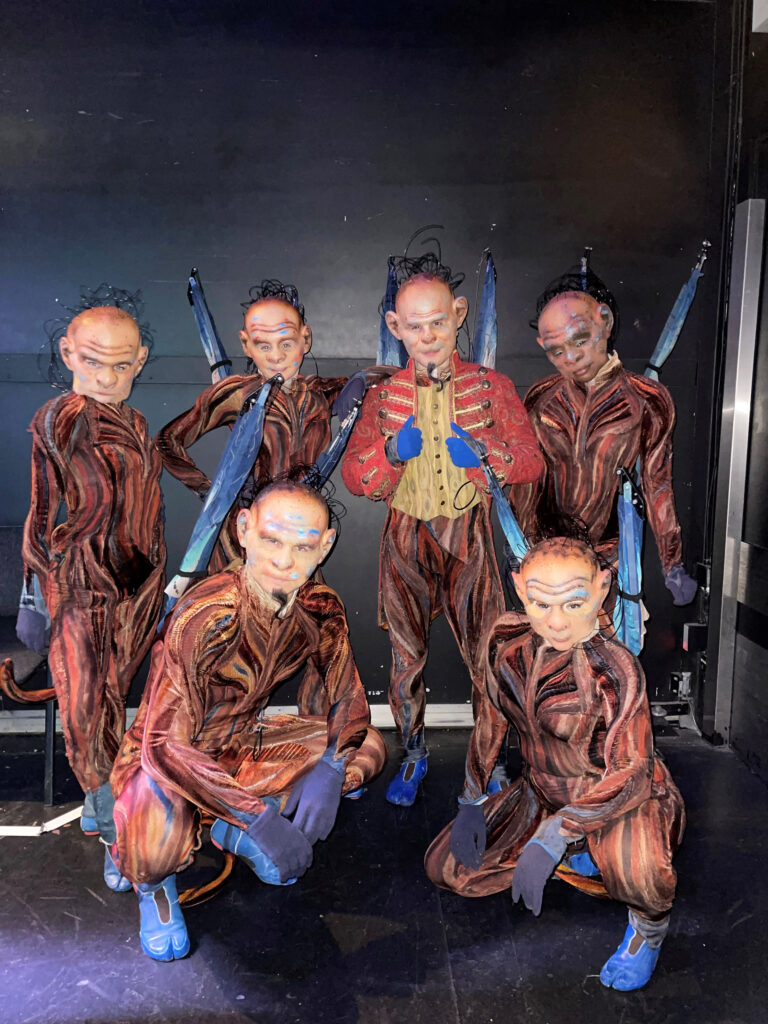
What are you up to next?
The grind!! Something that I always look forward to at the end of a job actually – to be available, to continue the hard work, and to meet more people and make more connections along the way. I have always loved learning (perhaps another take away from my time at Performers College) and so as auditions are starting to roll in, I am ready to welcome all the good days (and sometimes bad) with the same enthusiasm as the day I left Performers.
To discover more about Performers College, including auditions and how to apply, contact us at [email protected] or you can Apply Now, or book an Open Day on our Events page.
